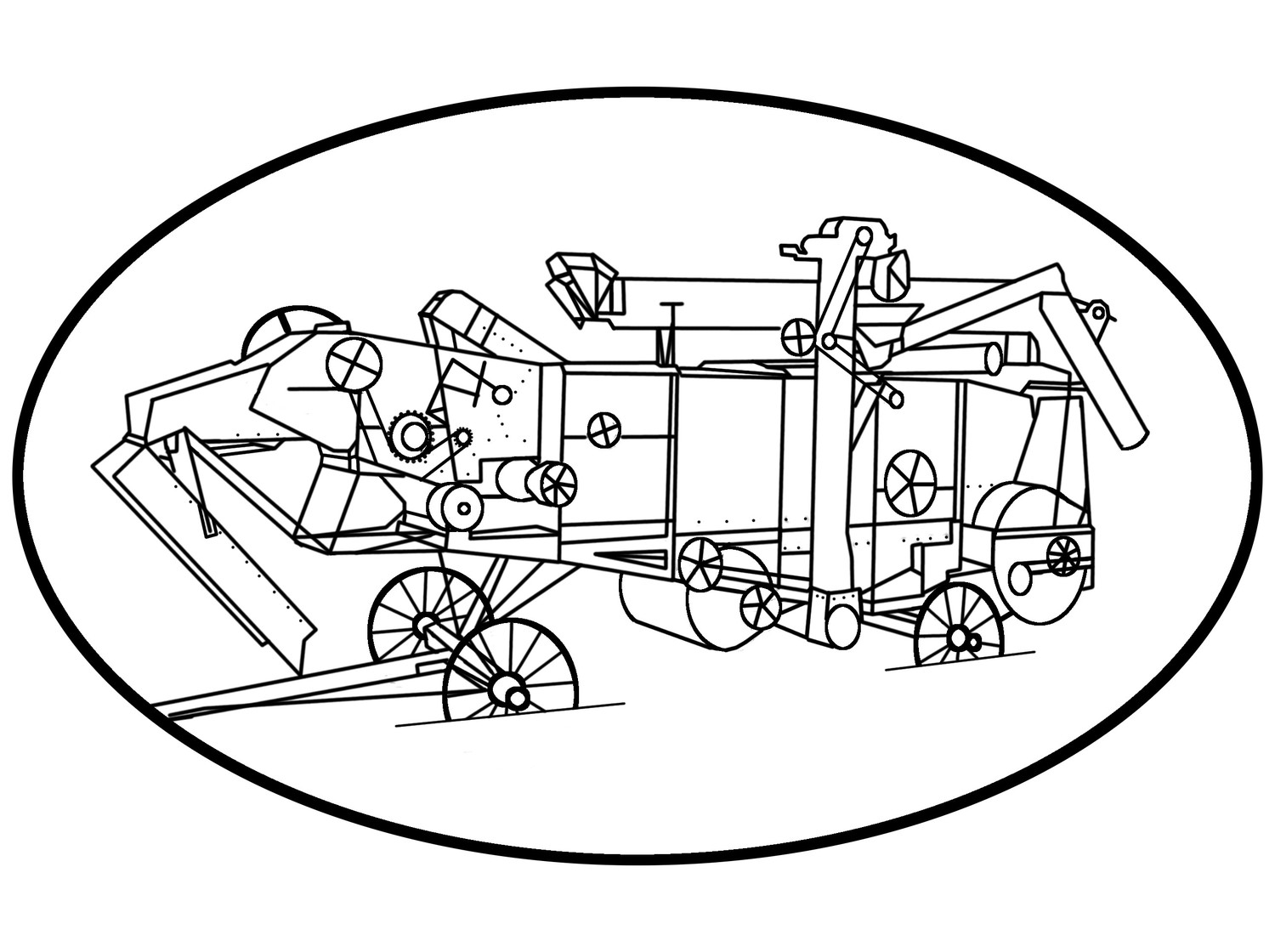Thousand-Year Storm, County Landfill
When the floodwaters withdrew and carried
bloodwarmth in their tow to dissolution,
the county, still soused to its foundations,
gathered carcasses at the canyon’s mouth—
the drowned, twelve dollars every hundred pounds
to cull the bedraggled dead and heap them
at the dump. Ponderous animal mass:
catalogued, weighed, each drear, exhausted lump
labeled, clean in the bureaucratic tongue—
putrescible waste. Thus disposed, the mound ached,
swelled, and bent slack, waited for a god
to pity its aching.
Heaped portentously, bridge beams and concrete
(sudden megalithic trash), storm-splintered
trees, homes—together wove a great gnarled arch;
the flood’s destruction yawned like doorways
of a dead temple whose dark, ruined mouth
once housed holy phonemes.
Gulls’ bright orbits, like prayers, trace contours
above the heaps where tractors range and rake
the ragged iron of their teeth, marshal
thunderheads of diesel smoke, and growl
through steel slats—leak the deep guttural boil
of fire-churning vitals.
Now, down-mound, appliances cluster—
herds: the fauna of an approaching world,
some dark planet hung far off in ether
like the counter-earth of Philolaus.
Rusted bulks congregate, weather the nights
under speechless stars, cold, waiting an end:
the scrupulous turn of a hand to loose,
to bleed Freon, disassemble, and ship
each discrete piece toward resurrection.
Machine hearts hiss; coils of refrigerant
gasp, weep through their ruptured copper piping.
Darkly, you listen.
Yet,
the stars persist in their troubling muteness;
of these white beams, how many mark suns that
died their distant deaths in distant epochs?
If, of all the host of heaven, one still lives,
who can know which one it is?
(Pacific Review, 2018)
